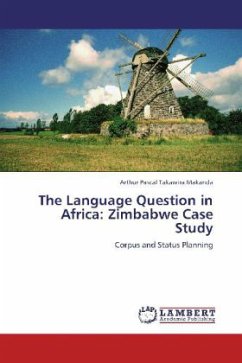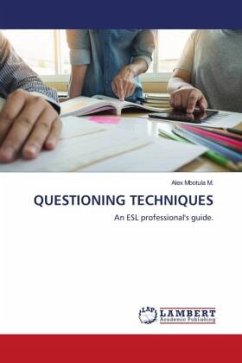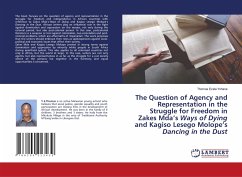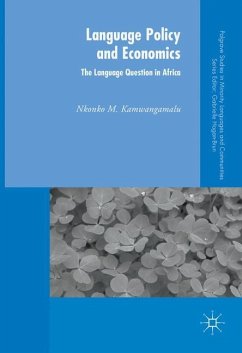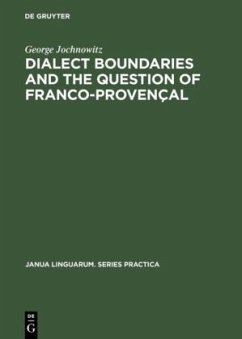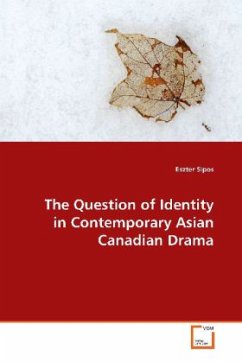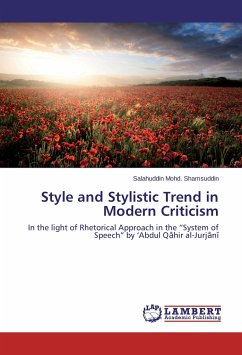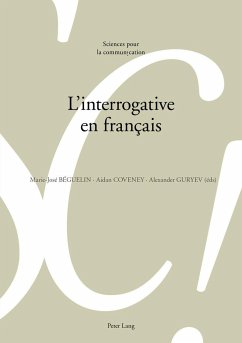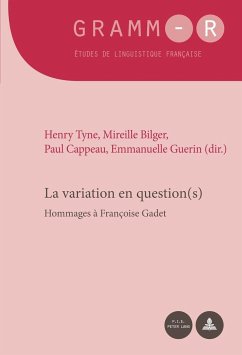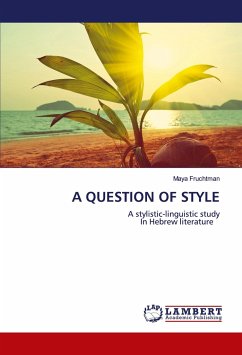
A QUESTION OF STYLE
A stylistic-linguistic study In Hebrew literature
Versandkostenfrei!
Versandfertig in 6-10 Tagen
22,99 €
inkl. MwSt.

PAYBACK Punkte
11 °P sammeln!
This book deals - in a preface and 5 chapters, with both the language of modern poetry and the language of modern prose of Hebrew literature, from two main aspects, stylistics and style on the one hand, and literary discourse on the other. The analysis of literary texts rests on the assumption that the language of fiction possesses unique characteristics of its own, which are absent in other texts. Literature may be considered a distinct text type, 'emotive', within the 'referential'/'emotive' divide. Referential texts provide accurate physical and/or mental information about the world. Hebrew...
This book deals - in a preface and 5 chapters, with both the language of modern poetry and the language of modern prose of Hebrew literature, from two main aspects, stylistics and style on the one hand, and literary discourse on the other. The analysis of literary texts rests on the assumption that the language of fiction possesses unique characteristics of its own, which are absent in other texts. Literature may be considered a distinct text type, 'emotive', within the 'referential'/'emotive' divide. Referential texts provide accurate physical and/or mental information about the world. Hebrew writers and poets such as Avraham Shlonsky, Ayin Hillel, David Avidan, and others often deviate in their writings from the grammar and the lexicon of Modern Hebrew. The ability to choose (with almost absolute freedom) among alternative normative and non-normative utterances is thus the main characteristic of the language of fictional literature.



